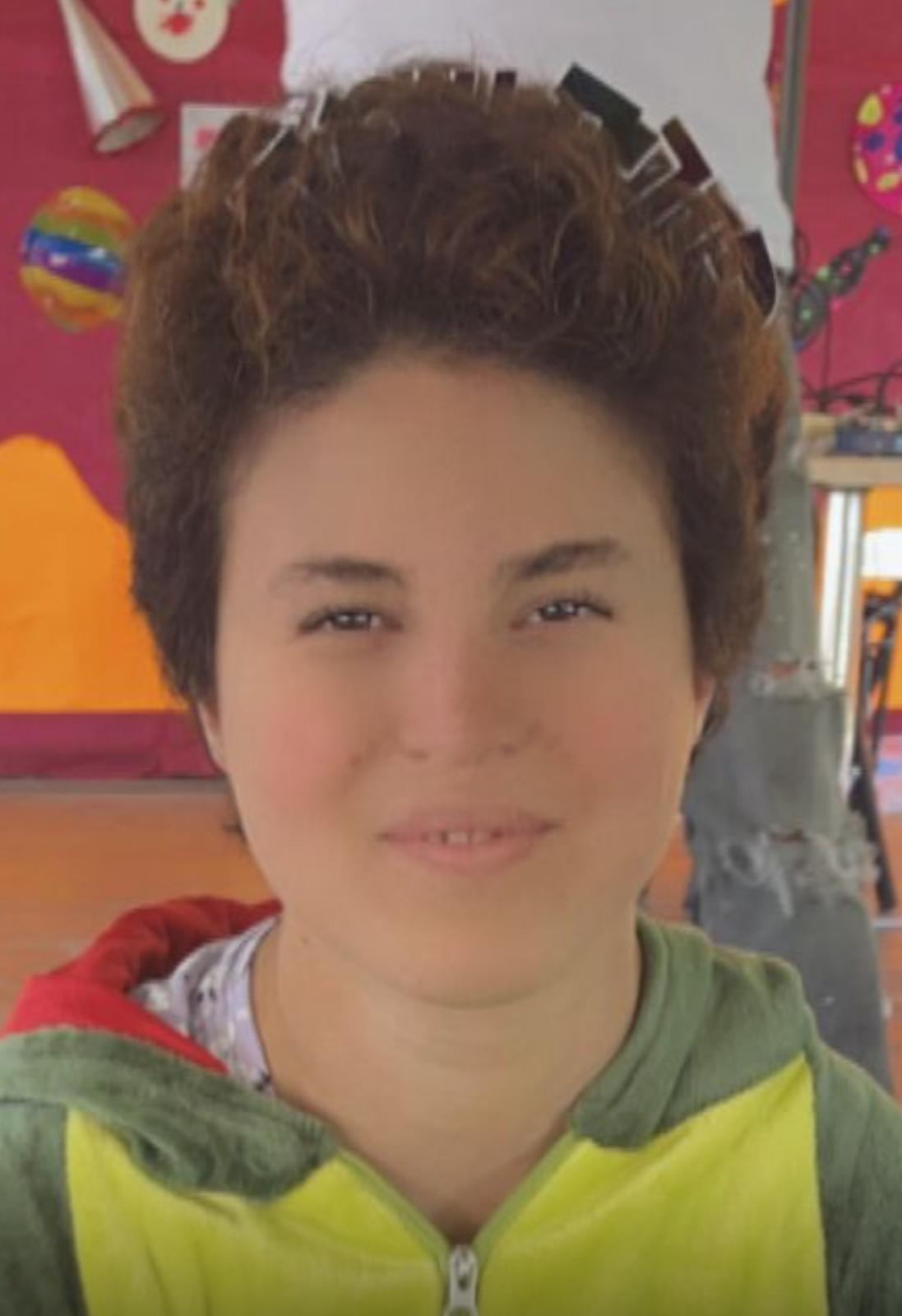When the System Forgets the Individual
Jessica's Cage: A Silent Tragedy in the Israeli Welfare System
Confined without clear justification, a bright young woman becomes a symbol of institutional failure and the urgent need for accountability, compassion, and reform.

During my travels in America, I came to know a remarkable young woman, but the crazy part is, I met her while she wasn’t even in America.
How did that happen? Well, this young woman has been unjustly institutionalized in a closed facility in Israel. One of her only ways of connecting to the outside world is through phone calls with her father, the legal and social activist, Yeohnatan Kapach.
Her name is Jessica, she’s 26 years old, and she has a heart-melting smile, a curious mind, a creative spirit, and a deep passion for music and technology. And somehow , for reasons that defy logic, the State of Israel has decided that because she has some difficulty with speech, she should be confined to a locked facility in a remote area near Tiberias.
This raises an important question: how many Jessicas are out there? And the answer, sadly, is likely far too many.
Jessica is of Yemeni Jewish descent on her father’s side, a community that has often faced the harsh hand of the Israeli establishment. Ironically, that very side of the family is the one with the greatest success: her father is a former IDF officer and an engineer, her uncles are educators and heads of institutions.
Yet despite this, her mother, for reasons that are difficult to understand. has insisted that this sweet, curious young woman, who asks me in our phone calls about learning English and dreams of traveling the world, should remain confined to what is essentially a prison.
Which brings us to the bigger question: why is the State of Israel cooperating with this?
Jessica’s mother’s own medical history remains unclear and difficult to verify, so why is she the one making life-determining decisions for her daughter?
The State of Israel must take a long, hard look at itself and ask: Are our actions truly serving the best interests of the individual, the citizen, and in this case, Jessica?
It’s easy to speak out against widespread social violence, but when the state commits the harm, we’re often quick to call it complex. Jessica’s case is not complex. It is simple, and it is clear.
Let her be.